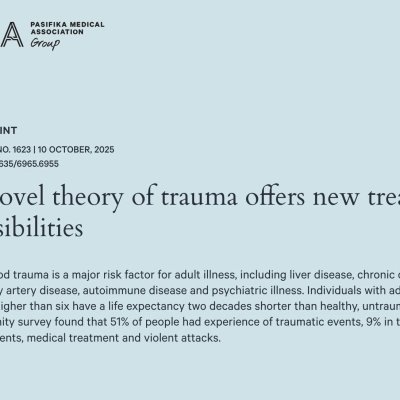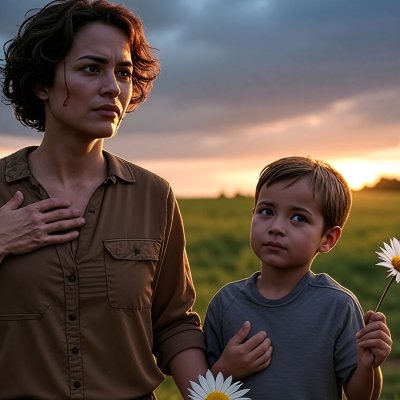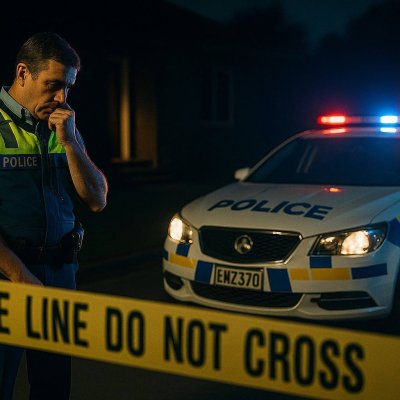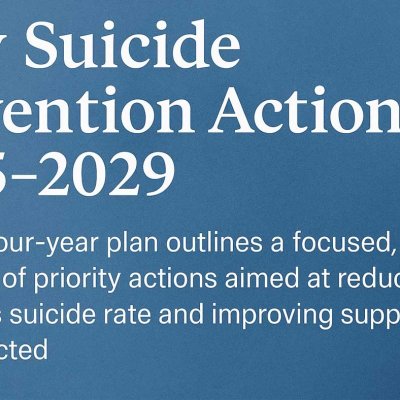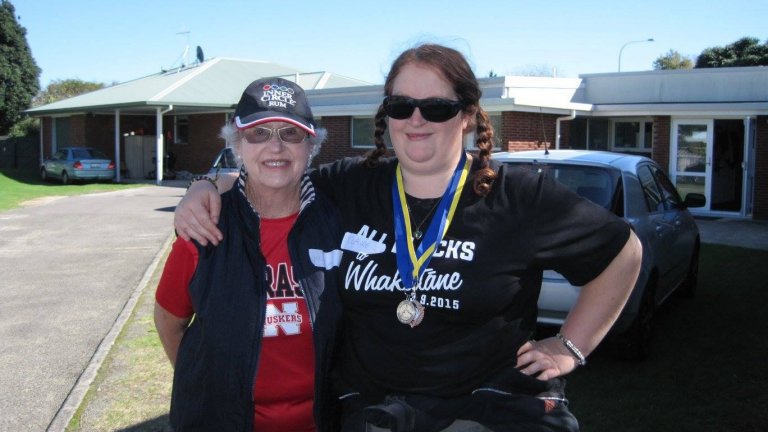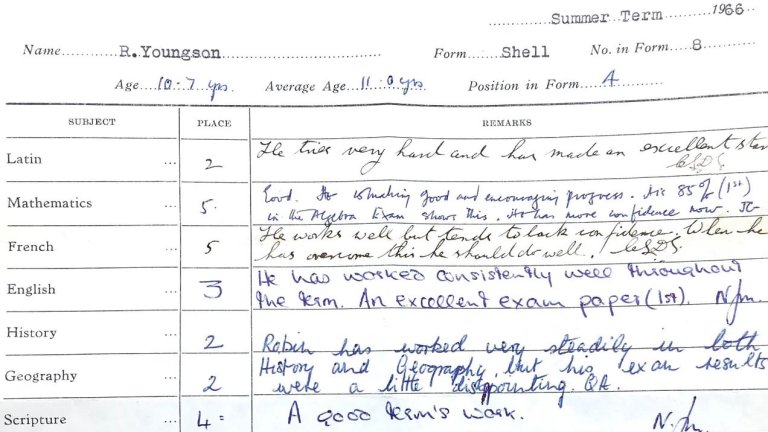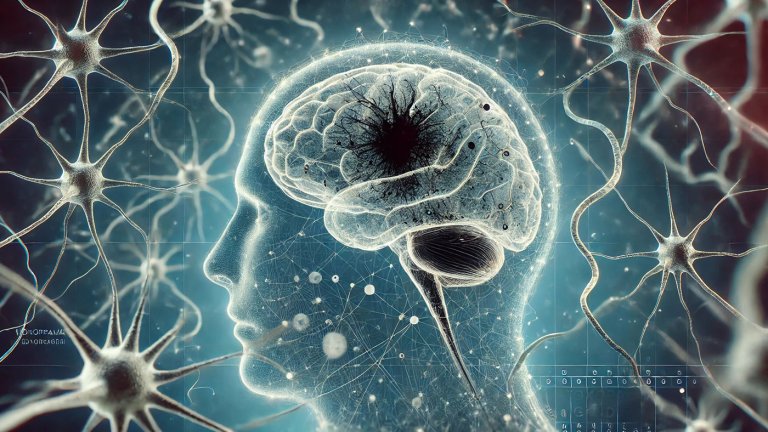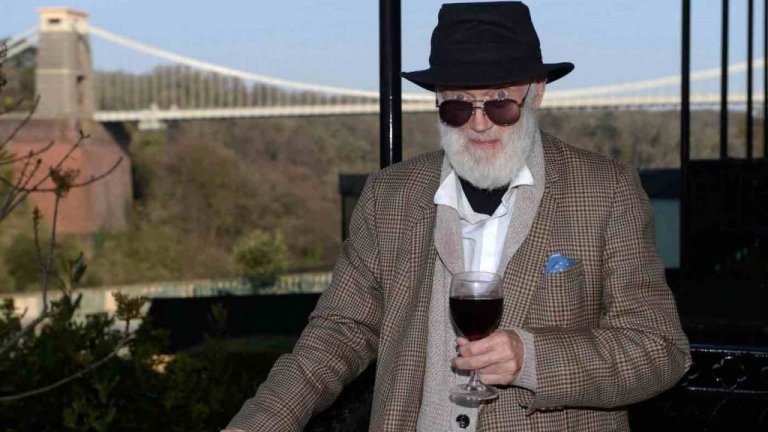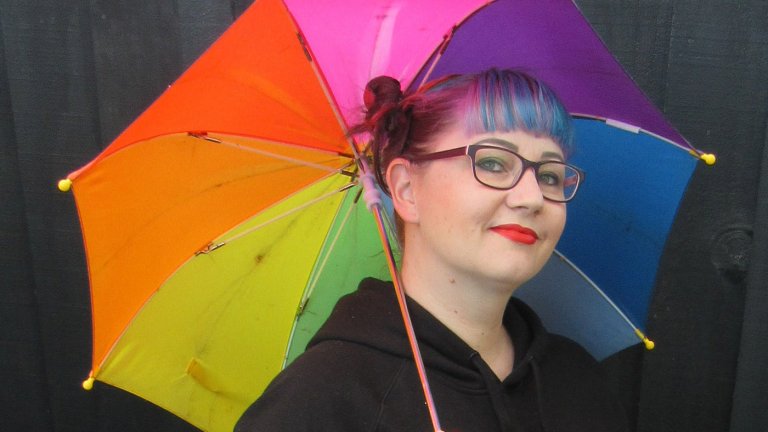A Kiwi Leading the Way in Healing Trauma
At Kiwis For Good, we love seeing New Zealanders push the boundaries of what’s possible — especially when it comes to mental wellbeing. One of our trustees, Dr Robin Youngson, is helping to bring a remarkable new approach to trauma healing to Aotearoa.
Dr Youngson has just published an article in the New Zealand Medical Journal about a pioneering method called Havening Techniques® — a science-based approach to releasing trauma safely through the body, not just the mind.

A Revolutionary Theory — and How It Works
The theory behind Havening wasn’t developed in New Zealand. It was created by Dr Ronald Ruden, a medical doctor and neuroscientist in the United States. His work explores how traumatic memories are stored in the brain — and how they can sometimes be “switched off” using gentle, calming stimulation that changes the brain’s electrical activity.
What makes Dr Youngson’s article special is not the theory itself, but his seven years of hands-on experience helping people across Aotearoa heal using this powerful technique. As New Zealand’s leading Havening practitioner and trainer, he’s seen first-hand how the science comes to life.
What Is Havening?
Havening uses simple, soothing touch — like gently rubbing the arms, face, or hands — while the person recalls a stressful or painful memory. This activates slow delta brain waves, helping to break the emotional link between the event and the distress it causes.
In plain terms, you still remember what happened, but it stops hurting. The panic, shame, or fear tied to the memory fades, leaving calm and relief in its place.
It’s a gentle, non-invasive process that many people describe as life-changing.
Healing That Reaches Deeper
Over the years, Dr Youngson has seen extraordinary results:
- People with long-term PTSD finally sleeping peacefully.
- Phobias disappearing after a single session.
- Chronic pain easing once emotional wounds were released.
- Even those with persistent anxiety or depression finding new hope.
While more formal research is still underway, the growing evidence and lived experiences of clients around the world suggest that Havening can offer genuine, lasting healing.
Why This Matters for Aotearoa
New Zealand carries deep emotional wounds — from personal trauma to intergenerational pain. Traditional mental health treatments often focus on the mind, but this approach reminds us that the body is part of the story too.
By teaching the nervous system to feel safe again, Havening offers a new pathway to healing for countless Kiwis who have felt stuck in cycles of stress, fear, or grief.
A Proud Kiwi Voice in Global Healing
We’re incredibly proud to have Dr Robin Youngson as part of our Kiwis For Good whānau. His compassion, integrity, and deep understanding of trauma have already helped many New Zealanders find peace after years of struggle.
Dr Youngson’s article — “A novel theory of trauma offers new treatment possibilities” — is available through the New Zealand Medical Journal.
To read it, you’ll need to sign up for a free subscription at www.nzmj.org.nz before viewing the article.


